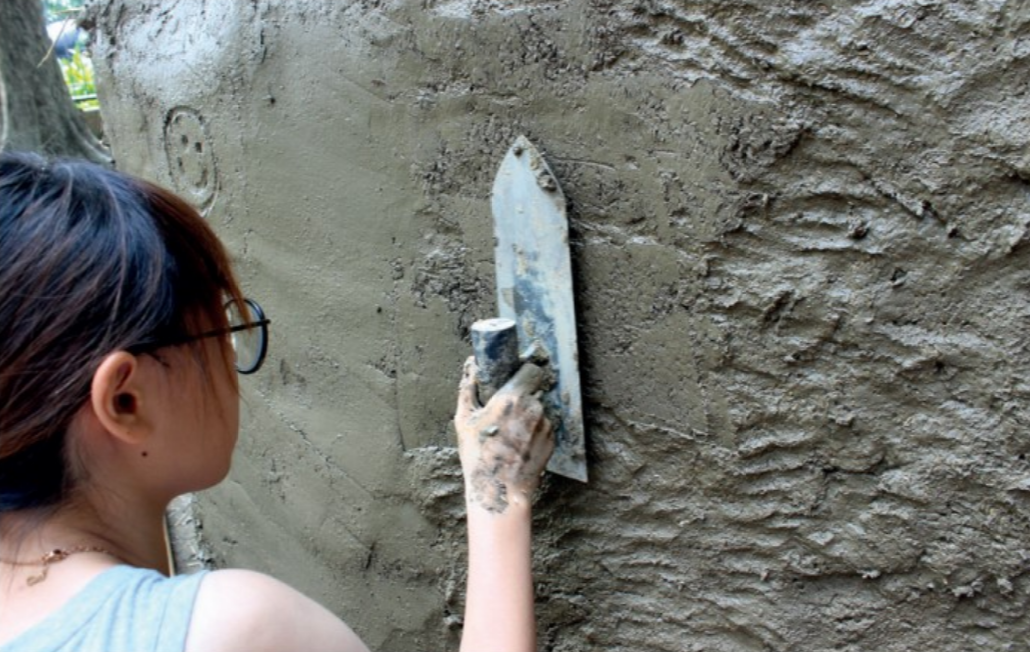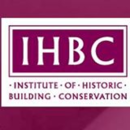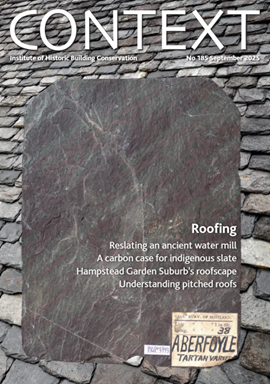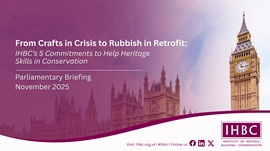Great Yarmouth Preservation Trust
Great Yarmouth Preservation Trust focuses on training through partnerships in practical projects with universities, NGOs and other organisations in Europe and Asia.

|
| Learning building skills at a workshop in the village of Karpachevo on the Devetaki Plateau, Bulgaria. |
Like many coastal towns, Great Yarmouth suffers from a range of social and economic issues, not least high levels of unemployment and skills shortages. These are especially prevalent within the heritage and traditional skills sector. Yet there has been no shortage of work in the repair, conservation and maintenance of the town’s historic environment, and this work has either been undertaken by contractors from other areas, or so poorly by an unskilled local workforce that the results have been destructive.
In 2012, recognising that skills shortages is one of the most significant issues effecting the town and its heritage, Great Yarmouth Preservation Trust developed a strategic approach to the problem by placing training and engagement at the centre of every project, and at every level from concept through to completion.
A model developed where entire projects are undertaken by volunteers and trainees under the close supervision of experts. One potential risk to this approach is that our precious heritage assets become a test ground for the unskilled and untrained. However, every step in the process is painstakingly scrutinised, limitations are realised and accepted, and an extensive range of experts, professionals and craftspeople monitor, advise and mentor the work. The benefits of this model include ownership, civic pride, a highly skilled and passionate workforce, and a repaired, preserved and properly maintained town.
From 2014 the strategy was widened to reflect Yarmouth’s historic association with trading partners across the globe and the town’s long history of internationalism and inward migration. Great Yarmouth’s principal historic significance, other than as an archetypical 20th-century seaside town, is its maritime heritage, and its importance as a centre for trade, especially in the medieval period and the 17th and 18th centuries.
As a trading port on the edge of the east coast, the town’s rich heritage, culture and traditions are firmly influenced by the continent. This has helped to shape a truly distinctive character, evident in the architecture, the customs, the dialect and the people, which continues to evolve today as communities shift and new influences arrive.
The approach embraced the town’s demography, including recent immigration, recognising that international collaboration, knowledge sharing, exchange visits, cross-border training and engagement through international partnerships can foster greater learning and transferable skills.
The concept is simple. Partnerships are established with organisations, NGOs, universities and groups from countries such as Bulgaria, Estonia and Taiwan. The partners share similar issues with Great Yarmouth, including low skill levels, or are connected by communities or historic trade links. The driving motivation of all the partners is cooperation to share knowledge and provide meaningful opportunities for people to develop skills which can be used for the preservation of heritage.
Young people from Great Yarmouth join other nationalities from partnering organisations to work on projects both here and abroad. The process of learning, sharing and exchange provides the basic memorandum of understanding as teams of students and trainees travel to work on projects in other partners’ countries.
A key element in the strategy is a historic farmhouse and barns on the Devetaki Plateau in Bulgaria, which was purchased in 2015 with funding from the Headley Trust. The plateau, situated in one of the poorest regions in the European Union, suffers from a range of issues, most pertinently emigration, depopulation and skills shortages. This has had a devasting effect and contributed to the erosion of the region’s historic built environment.
Workshops are held at the farmhouse three times a year, covering surveying, recording and the repair of the historic fabric. The process of repair and conservation is used as a training initiative, enabling local people and students from across Europe and Asia to learn traditional skills. Young people, trainees and volunteers work side by side on projects, increasing their skills and learning from each other. The learning process extends beyond traditional skills and conservation, facilitating an understanding of other cultures, languages and lifestyles.
Through the core activities of survey and repair, international teams gain a fundamental knowledge of the buildings and materials used. Construction techniques are explored and relearned. These include unfired earth, dry-stone walling and timber framing. Handling the materials and working them helps to give the students a growing confidence, and an understanding of how they function, their uses and means of decay.
An important aspect of the strategy is the provision of continuing opportunities through apprenticeships with contractors, paid internships or direct employment through a social enterprise company Great Yarmouth Preservation Trust has established. This company employs six people, all trained on preservation trust and international projects since 2012.
This article originally appeared as 'Skills in partnership' in IHBC's Context 157 (Page 24), published in November 2018. It was written by Darren Barker, principal conservation officer at Great Yarmouth Borough Council and managing director of Great Yarmouth Preservation Trust.
--Institute of Historic Building Conservation
Related articles on Designing Buildings
- Aberdeenshire and the North East of Scotland Preservation Trust.
- Brexit and UK research into cultural heritage.
- Conservation.
- Conserving Great Yarmouth's cultural heritage.
- Conservation in Germany.
- Conserving Europeanness.
- Harmonising heritage in the Nordic countries.
- Heritage and Brexit.
- Heritage.
- Historic building.
- IHBC articles.
- International heritage.
- London Historic Buildings Trust resilient heritage project.
- The Devetaki Project
- The Institute of Historic Building Conservation.
IHBC NewsBlog
Latest IHBC Issue of Context features Roofing
Articles range from slate to pitched roofs, and carbon impact to solar generation to roofscapes.
Three reasons not to demolish Edinburgh’s Argyle House
Should 'Edinburgh's ugliest building' be saved?
IHBC’s 2025 Parliamentary Briefing...from Crafts in Crisis to Rubbish Retrofit
IHBC launches research-led ‘5 Commitments to Help Heritage Skills in Conservation’
How RDSAP 10.2 impacts EPC assessments in traditional buildings
Energy performance certificates (EPCs) tell us how energy efficient our buildings are, but the way these certificates are generated has changed.
700-year-old church tower suspended 45ft
The London church is part of a 'never seen before feat of engineering'.
The historic Old War Office (OWO) has undergone a remarkable transformation
The Grade II* listed neo-Baroque landmark in central London is an example of adaptive reuse in architecture, where heritage meets modern sophistication.
West Midlands Heritage Careers Fair 2025
Join the West Midlands Historic Buildings Trust on 13 October 2025, from 10.00am.
Former carpark and shopping centre to be transformed into new homes
Transformation to be a UK first.
Canada is losing its churches…
Can communities afford to let that happen?
131 derelict buildings recorded in Dublin city
It has increased 80% in the past four years.















